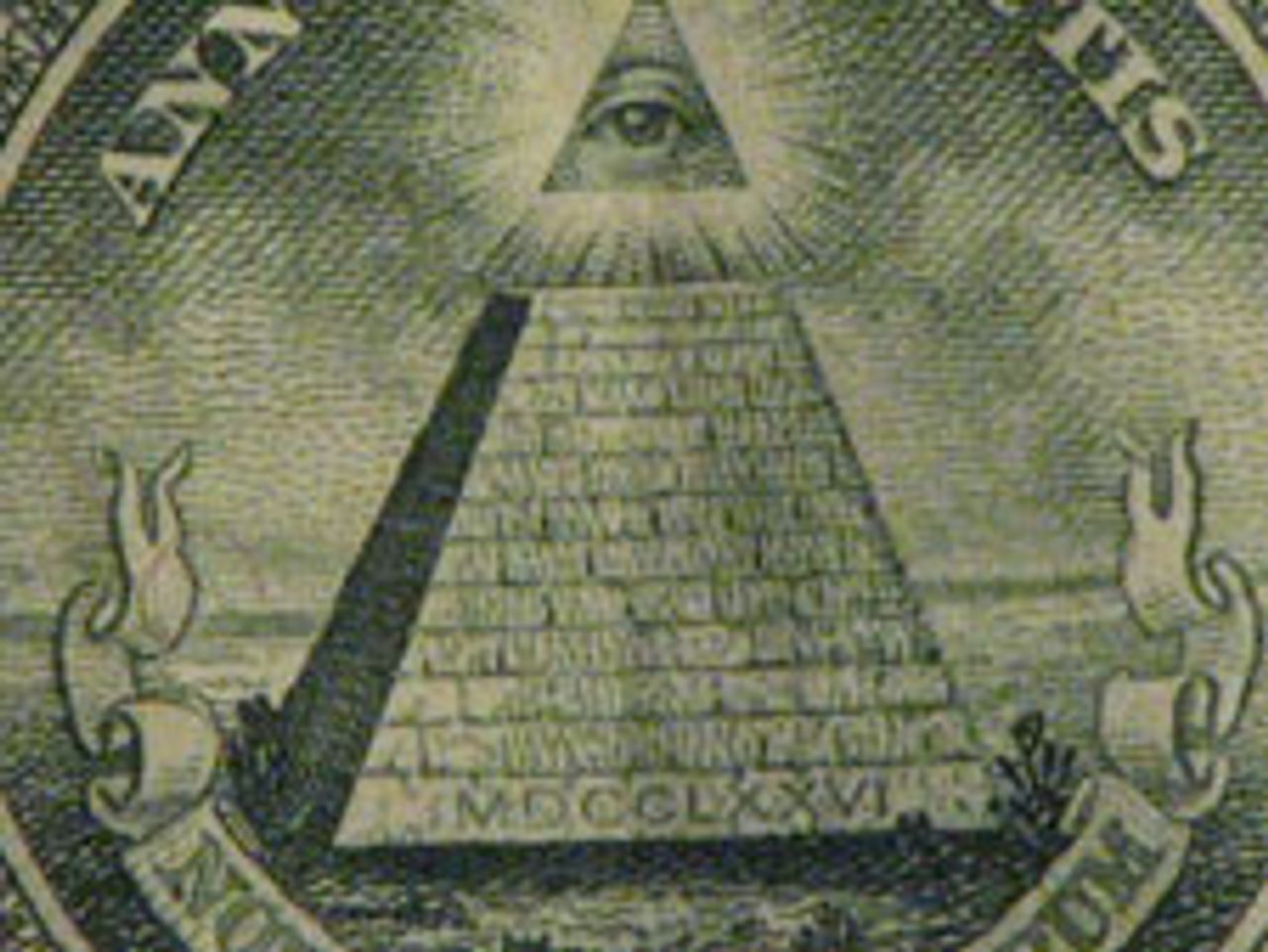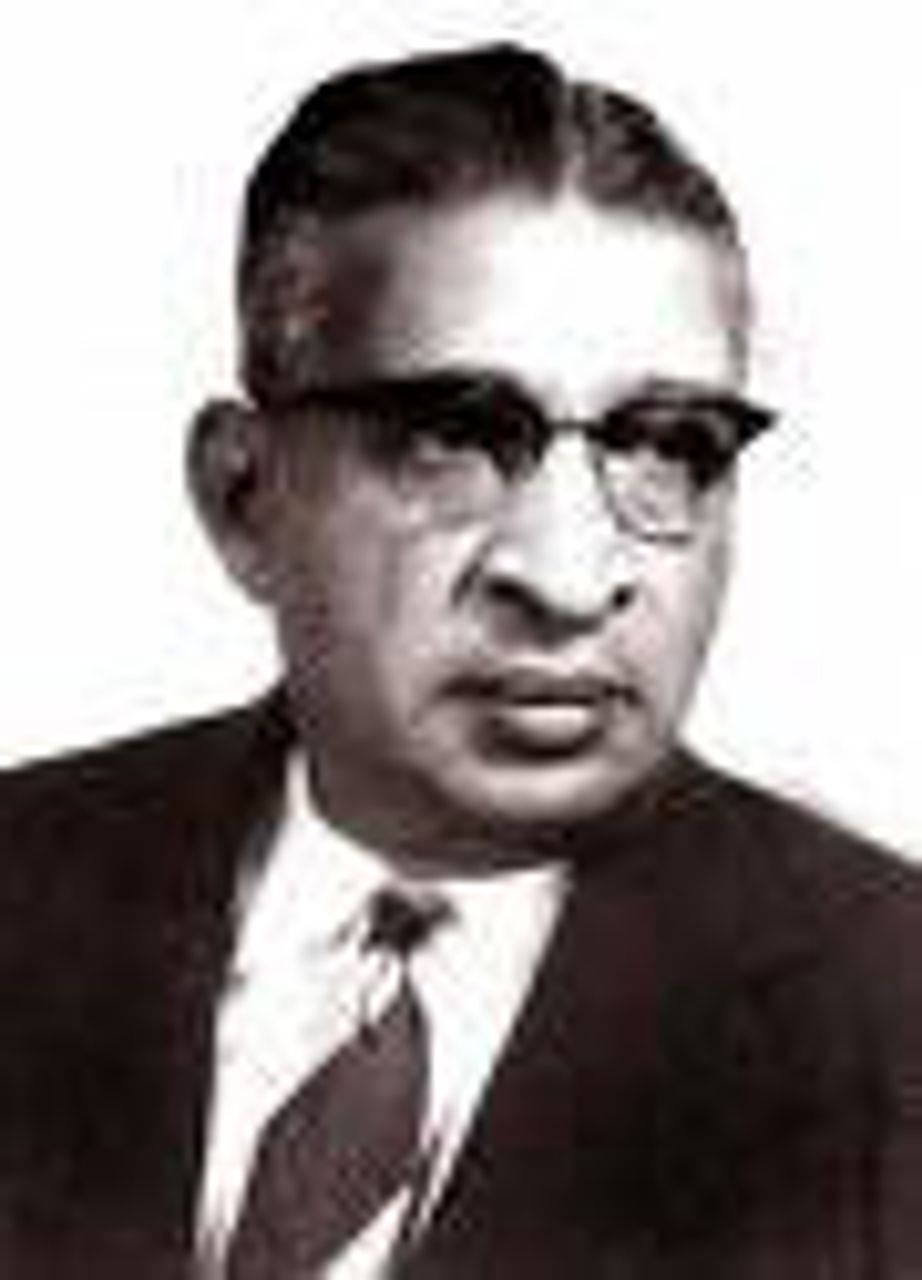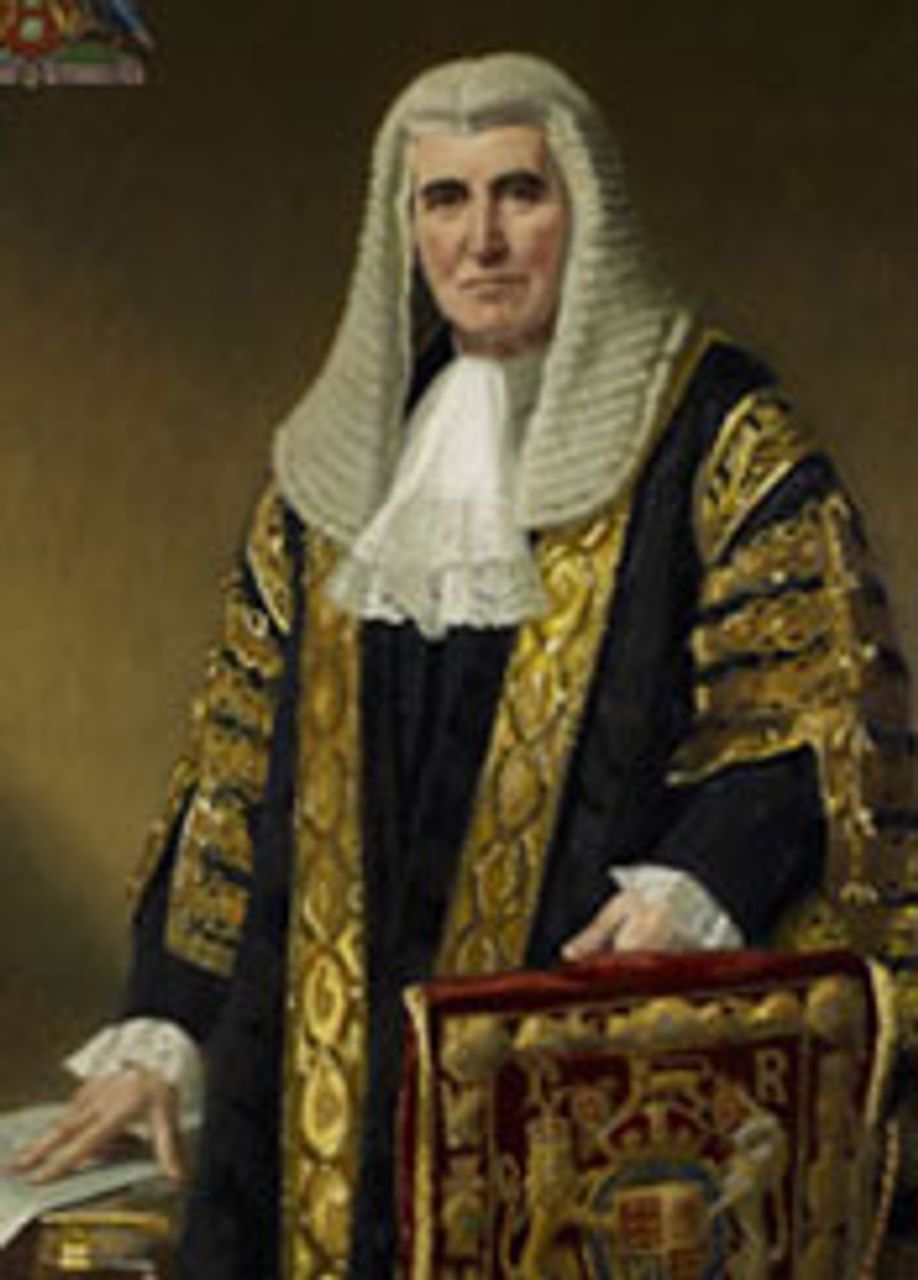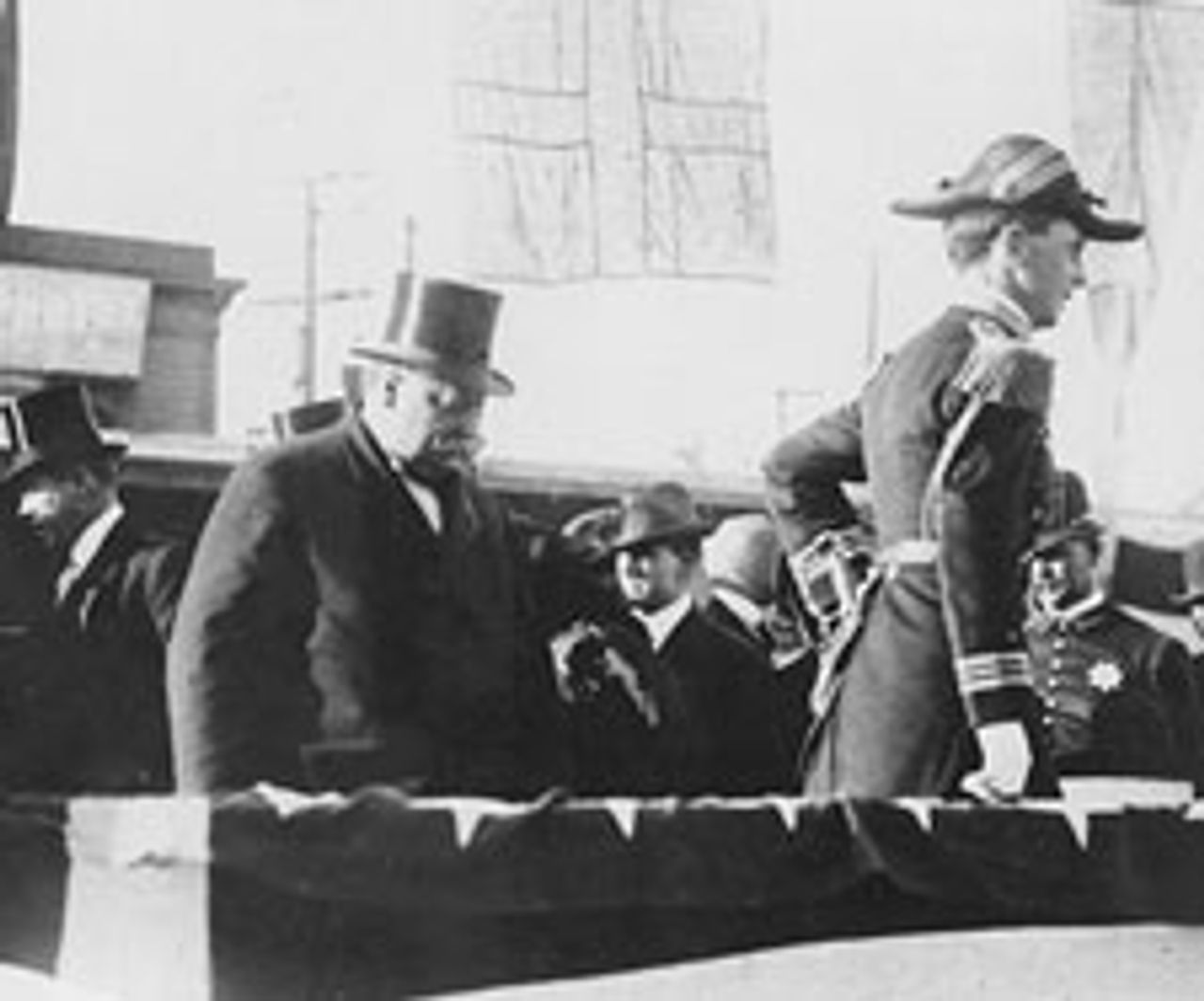This Week in History provides brief synopses of important historical events whose anniversaries fall this week.
25 Years Ago | 50 Years Ago | 75 Years Ago | 100 Years Ago
25 years ago: Dollar in record fall, US a debtor nation
 The US dollar suffered a record fall on March 27, 1985 over mounting concerns about the solvency of the American banking system and a rapidly growing trade deficit.
The US dollar suffered a record fall on March 27, 1985 over mounting concerns about the solvency of the American banking system and a rapidly growing trade deficit.
New data from the US Commerce Department showed that the current account deficit for 1984 had swelled to $101.6 billion. It was estimated that, for the first time since World War I, the US became a net debtor nation some time in February, 1985.
The American and international banking systems had been jolted by a series of bank failures and near-failures in Ohio; Alberta, Canada; and, in the week of March 27, Texas. Earlier in the week, the International Monetary Fund had ended support to the Argentine government over its failure to enact satisfactory budget cuts, after taking similar measures against Brazil earlier in the year.
The world’s major banks began to prepare for a possible crash, with the “Group of 14” top banks meeting in Munich to devise a response to the global debt crisis.
50 years ago: Right-wing government assumes power in Sri Lanka
 Senanayake
SenanayakeMarch 22, 1960 marked the first day in office of Sri Lankan President Dudley Shelton Senanayake of the right-wing United National Party (UNP), following a general election held days earlier.
Senanayake, who was sworn in the night before by Governor General Sir Oliver Goonetilleke, immediately outlined an agenda that sought to reassure international business interests operating on the island. He declared that his cabinet would be comprised entirely of UNP figures, even though it had won just a third of the seats in parliament.
In a March 26 speech to the Ceylon Chamber of Commerce—dominated by British-owned tea and rubber plantation interests—Senanyake announced his total opposition to nationalizations, which he said “leads to the denial of freedom and the ushering in of slavery on a large scale.”
The UNP had ruled Sri Lanka, then known as Ceylon, from independence in 1948 until 1956, when it was defeated by the nationalist Freedom Party of S.W.R.D. Bandanaraike. The Lanka Sama Samaja Party (LSSP), then the Trotskyist Party in Sri Lanka, joined the Stalinist Communist Party in not contesting that election. In office, Bandaranaike made Sinhala the official language and downgraded English, alienating the island’s large Tamil minority.
Bandanaraike was assassinated by a Buddhist monk in September 1959 and was replaced by a caretaker government that failed in December, necessitating the national elections.
75 years ago: Hitler meets with British foreign secretary
 British foreign secretary
British foreign secretaryJohn Simon
British Foreign Secretary John Simon met with German Chancellor Adolf Hitler on March 25 and 26, just one week after Hitler’s rejection of the Treaty of Versailles and his announcement that Germany would begin a major rearmament program.
During the talks, Hitler refused to make any concessions on the rearmament plan and presented Simon with a number of demands, including that Germany be allowed an air force equal in size to that of Britain or France and a navy of approximately 400,000 tons. Hitler also called for an economic union with Austria and the return to Germany of Czechoslovakian territory that was home to only 3,500 German speakers.
The Nazi leader’s remarks during the March meeting focused on the danger presented to fascism by the Soviet Union and the Soviets’ aims for the “Bolshevization” of Europe. Hitler’s bellicosity toward the Soviet Union was shared by London and Paris, but they also feared a rearmed Germany. At the conclusion of the meeting between Simon and Hitler, Anthony Eden, British Lord Privy Seal, who had been present for the talks in Germany, immediately left for Moscow to meet with Joseph Stalin.
100 years ago: US President Taft says he is “for peace, with reservations”
 Taft visiting Pacific Fleet, 1911
Taft visiting Pacific Fleet, 1911As international tensions among the great powers continued to mount, the US President, William Taft, said that he was in favor of peace, but required Congress to supply two dreadnaught battleships per year to ensure it.
Joining Taft in addressing the pacifist American Peace and Negotiation League at a gathering in the Grand Ballroom of the Astor Hotel in New York City was the German ambassador to the US, Count J.H. von Bernstorff.
The US naval buildup could end after the completion of the Panama Canal, Taft said. “And after that,” he added, “it will be time to look around and see if some plan has been devised for the universal means of reducing armaments.”
“ Brilliant decorations had been provided,” the New York Times wrote, “a particularly effective feature being the flags of many nations draped along the walls, all in an elaborate illumination carrying the word ‘Pax’ in the colors of the Stars and Stripes.”
